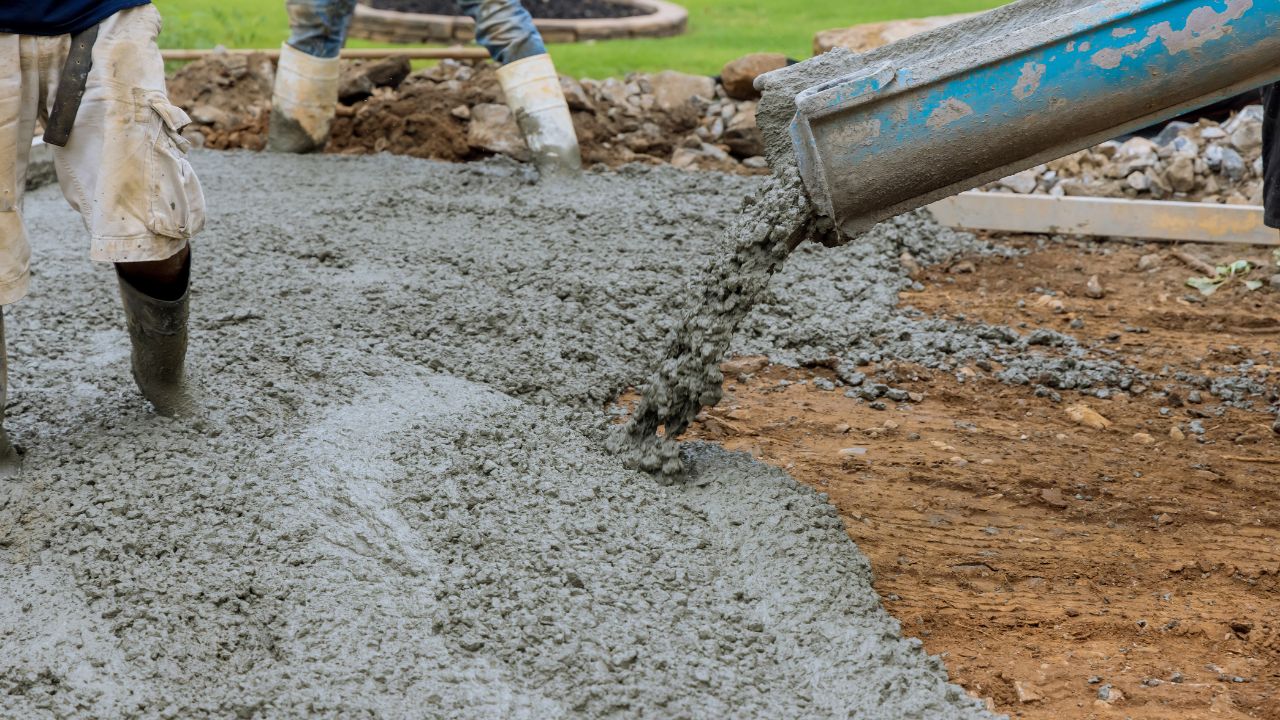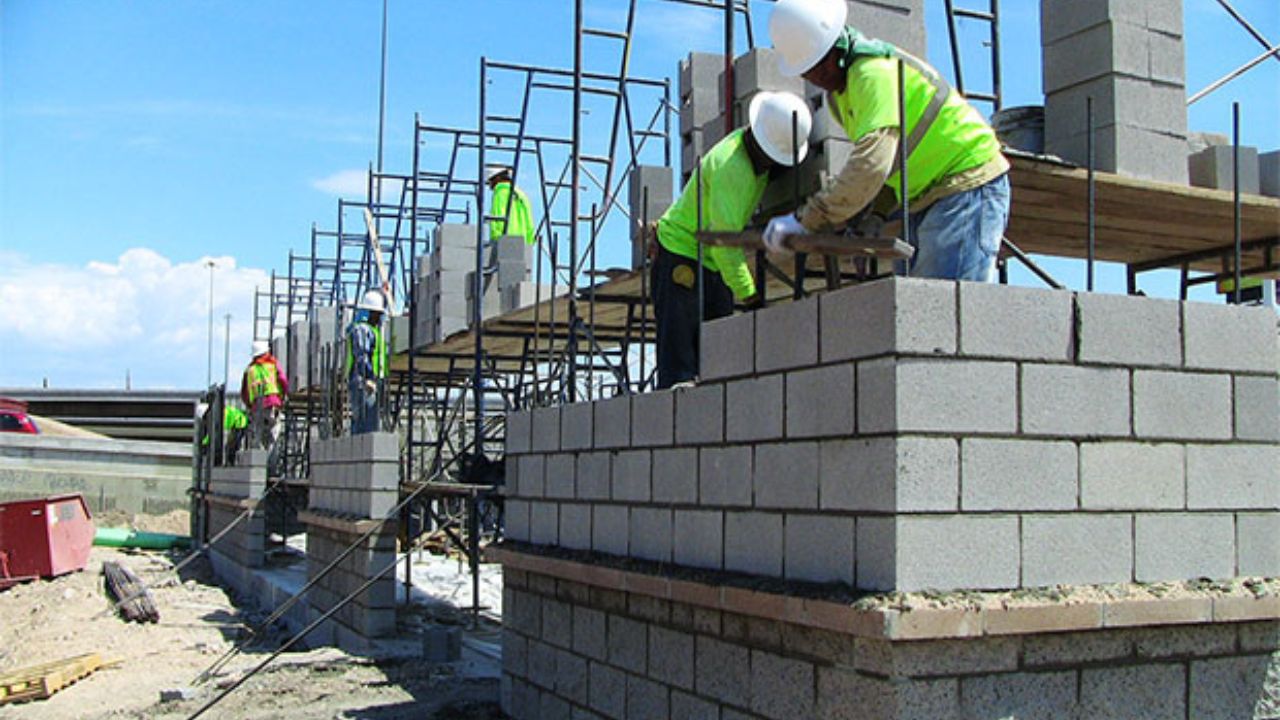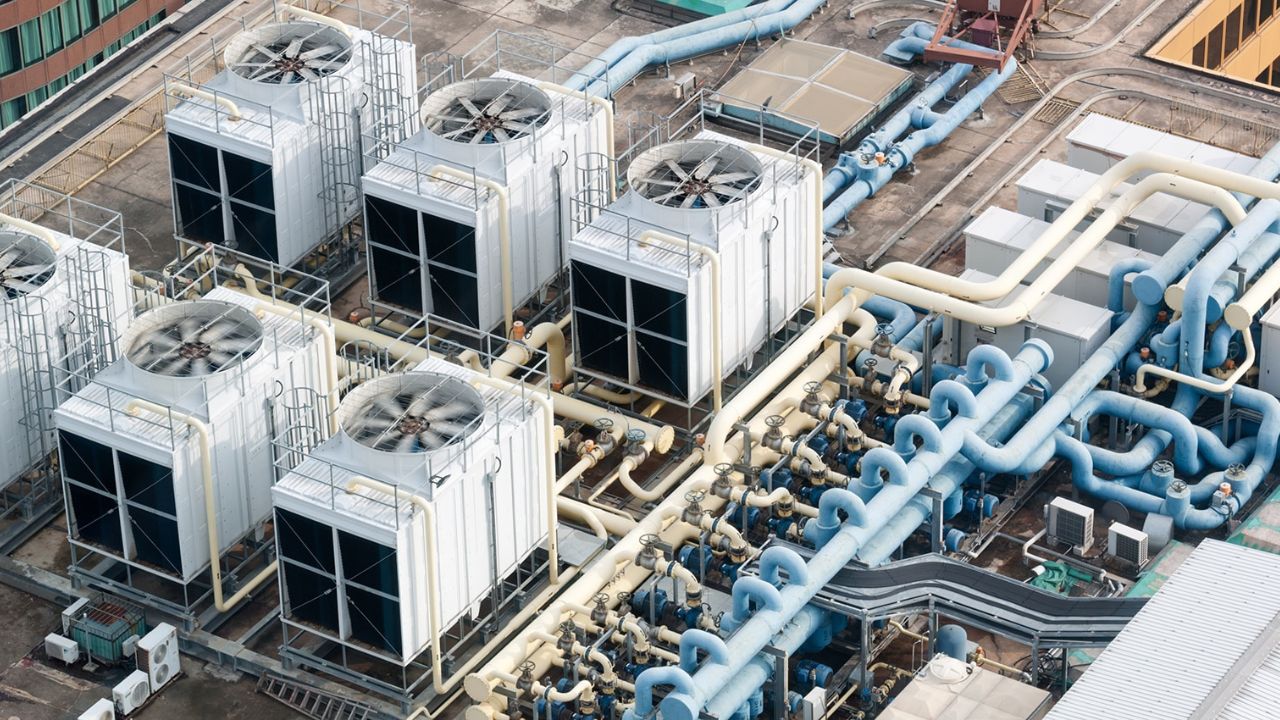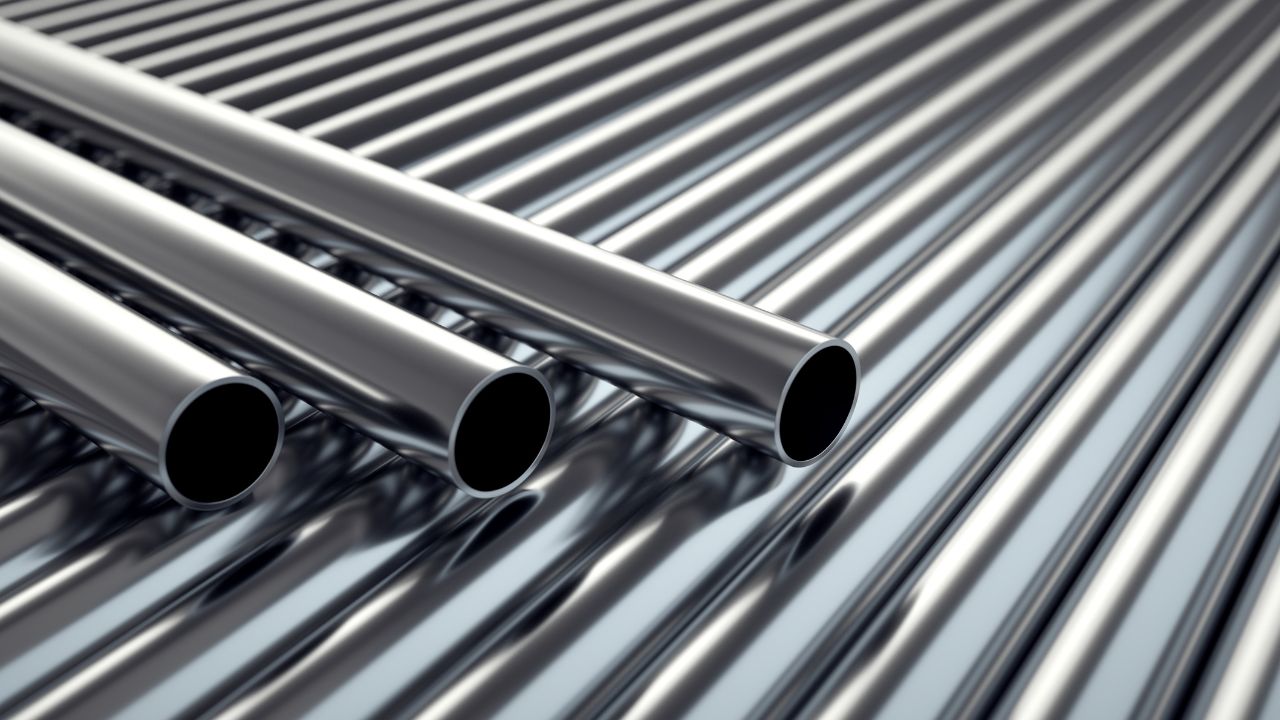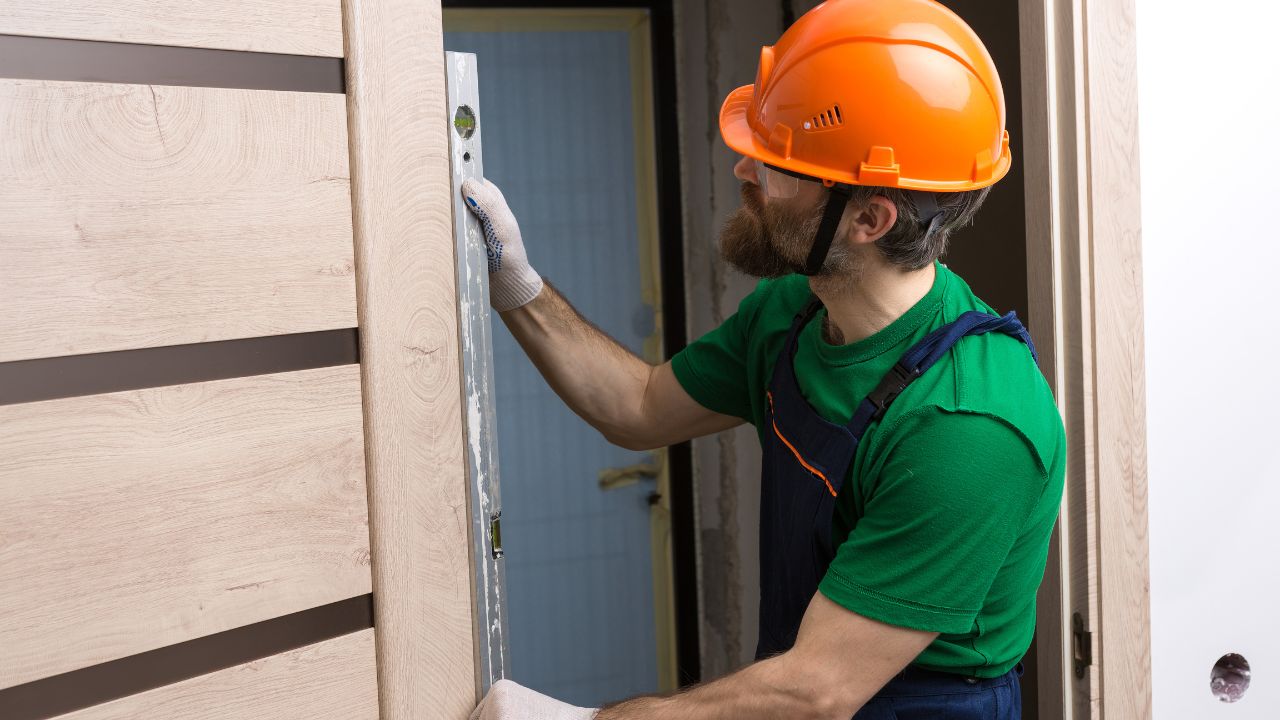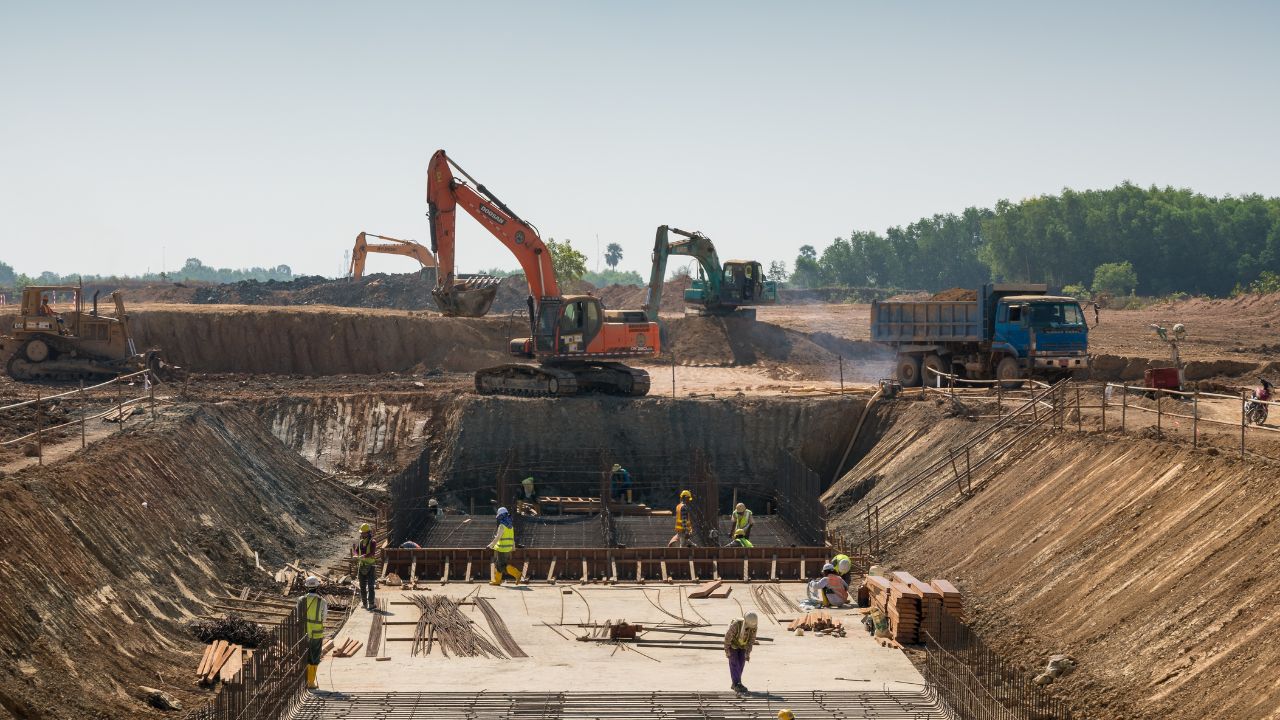- Homepage
- Ductwork
Ductwork Replacement Cost Estimator
Leading provider of ductwork replacement estimating
Ductwork Replacement Cost Calculator
Ductwork replacement is a critical aspect of maintaining an efficient heating, ventilation, and air conditioning (HVAC) system in any home. The ductwork system serves as the veins of your home’s climate control, delivering conditioned air to every room and helping regulate temperature and air quality.
As ducts age, they can develop leaks, become clogged with dust and debris, or even corrode, significantly impacting their performance. Therefore, understanding the costs associated with ductwork replacement can help homeowners make informed decisions about upgrading their systems.
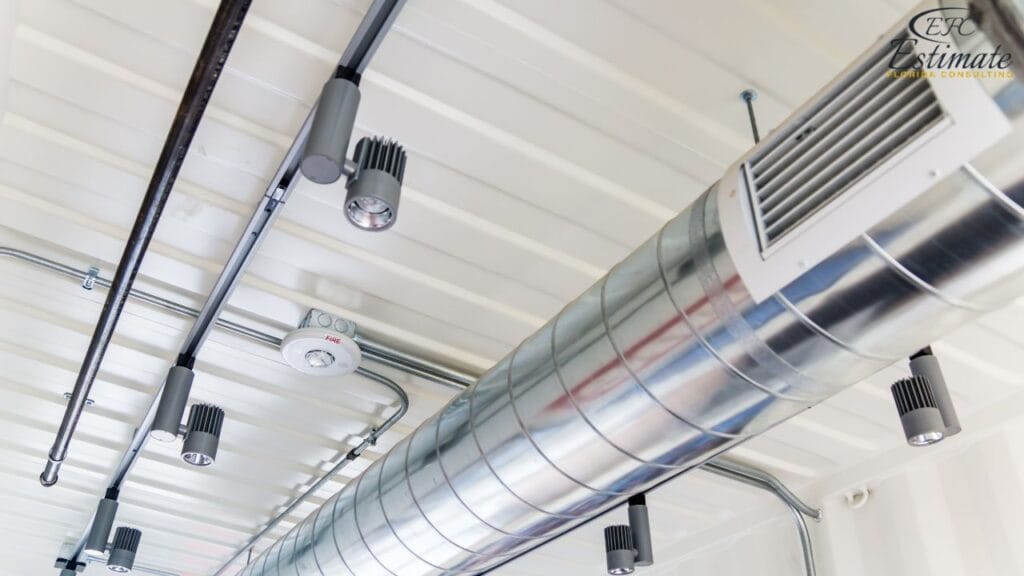
Average Costs for Ductwork Replacement
To provide a clearer picture of what homeowners can expect to pay for ductwork replacement, here’s an overview of average costs associated with different components of the project. These costs can vary based on geographic location, contractor rates, and specific project requirements. For replacement projects, use a ductwork replacement estimator to plan your expenses.
Component | Average Cost Range | Description |
Duct Material | $1,200 – $5,000 | Costs vary by material type and total square footage required. |
Labor | $50 – $100 per hour | Skilled labor rates can differ by location and contractor experience. |
Duct Installation | $1,000 – $3,000 | Basic installation cost for a typical home. |
Vent Covers | $10 – $25 each | Replacement or addition of new vent covers, depending on design. |
Duct Insulation | $1 – $3 per linear foot | Insulating ducts located in unconditioned spaces. |
Air Quality Add-ons | $300 – $1,500 | Installation of air filters, purifiers, or other enhancements. |
90% More Chances to Win Ductwork Bids with
Our Estimate!
Factors Affecting Ductwork Replacement Costs
When considering ductwork replacement, several factors influence the overall cost. Understanding these factors will help homeowners gauge what to expect when seeking quotes from contractors and aid in budget planning.
Size of the Ductwork System
The size of your ductwork system plays a significant role in determining replacement costs. Larger homes with more extensive duct systems will naturally incur higher costs due to the increased materials needed and the labor involved in installation. Duct systems must be appropriately sized to match the HVAC unit’s capacity; oversized or undersized ducts can lead to inefficiencies. For instance, a typical single-story home may require less ductwork than a two-story home, which might have complex layouts requiring additional duct runs to maintain air balance. Homeowners should consider conducting a Manual D calculation, a standard used in the HVAC industry, to ensure that their ductwork system is sized correctly for their specific needs.
Get Acquainted with Estimation
Type of Ductwork Material
The type of material used for ductwork significantly affects the overall cost. Common materials include galvanized steel, aluminum, fiberglass, and flexible ducts. Each material has its benefits and drawbacks:
- Galvanized Steel: Known for durability and long life, galvanized steel ducts are often the most expensive option. They resist corrosion and can withstand high pressures, making them ideal for extensive systems.
- Aluminum: Lighter than steel, aluminum ducts are easier to install and often more cost-effective. However, they may not be as durable over time, particularly in humid environments.
- Fiberglass: While fiberglass ductwork can provide excellent insulation properties and reduce noise, it may be susceptible to mold if moisture is present.
- Flexible Ducts: Typically the least expensive option, flexible ducts are easy to install and great for hard-to-reach areas. However, they may not be as efficient as rigid options, leading to potential long-term costs.
Homeowners should weigh the initial costs against the long-term benefits, durability, and efficiency of each material type before making a decision.
Complexity of Installation
The complexity of the installation process is another crucial factor influencing ductwork replacement costs. If your existing ductwork is in a difficult-to-access area, such as a cramped attic or crawl space, the labor costs can rise significantly. Moreover, the layout of the existing duct system and the need for modifications can further complicate the installation process. For example, if a homeowner is switching from a traditional ducted system to a ductless mini-split system, significant alterations may be required, leading to increased labor costs and project timelines. Additionally, if extensive demolition or repairs to walls and ceilings are necessary to install new ductwork, these factors will also contribute to the overall cost.
Additional Costs Associated with Ductwork Replacement
In addition to the primary costs associated with ductwork replacement, homeowners should consider several additional expenses that may arise during the project.
Insulation Costs
If your ducts run through unconditioned spaces, such as attics or crawl spaces, adding insulation is a wise investment that can enhance energy efficiency. Insulation helps to minimize heat loss or gain in the ducts, which is especially important in regions with extreme temperatures. Insulation typically costs between $1 to $3 per linear foot. For an average home with 100 feet of ductwork, the total cost can range from $150 to $600.
Investing in insulated ducts can lead to significant savings on energy bills over time, making it a valuable consideration for homeowners.
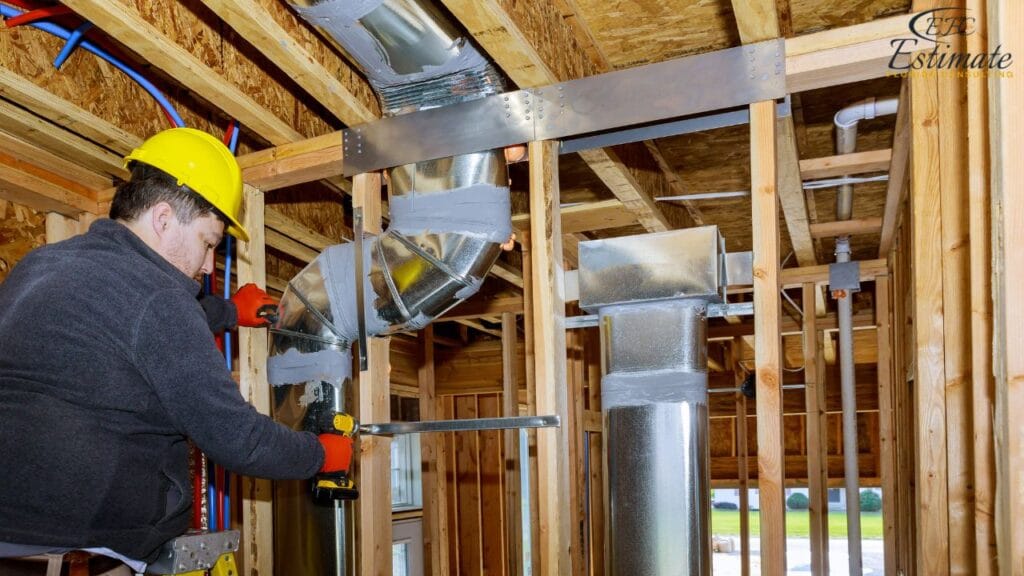
Air Quality Enhancements
With growing awareness of the importance of indoor air quality, many homeowners opt to enhance their ductwork systems by adding air filters or purifiers during the replacement process. These improvements can greatly reduce allergens, dust, and other contaminants circulating throughout the home. Depending on the systems chosen, these enhancements can add anywhere from $300 to $1,500 to your overall costs. Advanced filtration systems, UV air purifiers, or humidifiers can make a notable difference in the air quality of your home, contributing to the health and comfort of its occupants.
Testing and Balancing Costs
After replacing ductwork, it is essential to conduct testing and balancing to ensure optimal airflow and efficiency throughout the home. This process verifies that air is evenly distributed and that no areas are receiving too much or too little air. Testing and balancing can cost between $200 to $400 and is critical for maximizing the efficiency and effectiveness of your new system. This step can prevent future issues, such as uneven temperatures or excessive energy consumption, ensuring that your HVAC system operates as intended.
Want to Start Your Project with the Best Contractors?
Let’s Take Your Projects to the Next Level.
& What's you will get:
- Connecting You to Top Local Contractors
- Professional Consulting, Contractors Near You
- From Expert Advice to Local Contractor Connections
Contact Now
Let's discuss with a cup of coffe
Benefits of Ductwork Replacement
Investing in ductwork replacement can offer numerous benefits that go beyond just improved airflow. Here are some compelling reasons why homeowners should consider upgrading their duct systems.
Improved Energy Efficiency
One of the most significant benefits of replacing old or damaged ductwork is enhanced energy efficiency. New duct systems, particularly when properly sealed and insulated, can drastically reduce energy loss, leading to lower utility bills. For example, studies have shown that improperly sealed ducts can waste 20% or more of the energy used for heating and cooling. Improved airflow means your HVAC system doesn’t have to work as hard, which can prolong its lifespan and reduce wear and tear on the equipment. This increased efficiency translates to substantial savings over time, making duct replacement a wise financial investment.
Enhanced Indoor Air Quality
Replacing outdated or damaged ducts can significantly improve indoor air quality. Older duct systems often accumulate dust, mold, and other contaminants, which can circulate throughout the home and negatively impact health. By installing a new ductwork system, homeowners can reduce allergens, dust, and other pollutants, creating a healthier living environment. This is especially important for families with individuals suffering from allergies, asthma, or other respiratory issues. A well-designed duct system can also facilitate better ventilation, ensuring that fresh air circulates effectively throughout the home.
Increased Comfort
New ductwork allows for better temperature control throughout your home, ensuring consistent comfort in every room. Older duct systems may have leaks or blockages that result in uneven temperatures, leaving some areas too hot or too cold. With properly installed ductwork, homeowners can enjoy more balanced heating and cooling, enhancing overall comfort. This is particularly beneficial for larger homes or those with multiple stories, where temperature differences can be pronounced. Additionally, modern duct systems can be designed to accommodate zoning, allowing homeowners to control temperatures in different areas of the house independently.
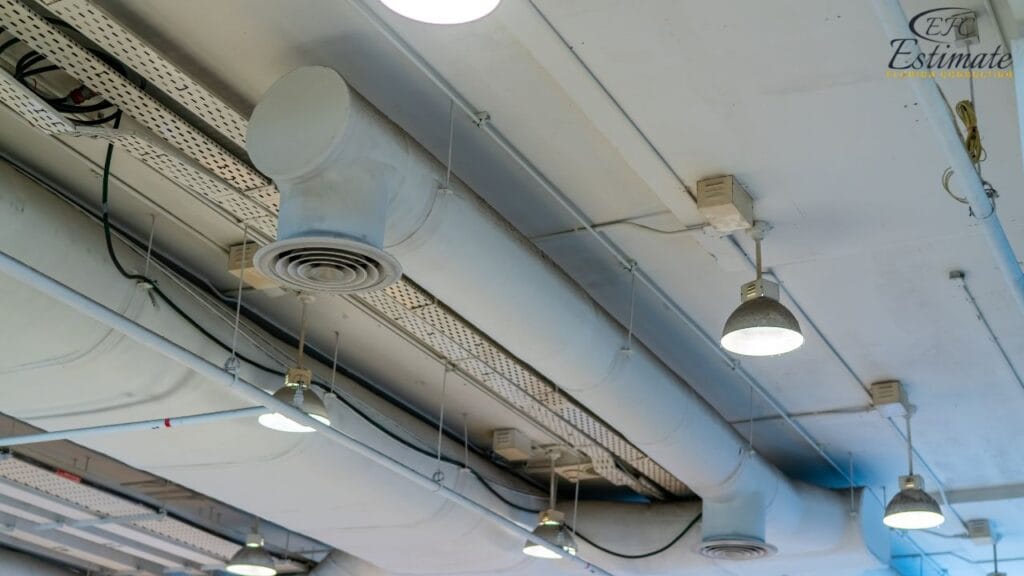
Choosing the Right Ductwork Contractor
Selecting a qualified contractor is crucial for a successful ductwork replacement project. A reputable contractor not only provides a fair estimate but also ensures that the installation is done correctly and complies with local codes.
Research and Recommendations
Start by asking friends, family, or neighbors for recommendations on contractors they have used in the past. Word-of-mouth referrals can provide valuable insights and often lead to finding trustworthy professionals. Online reviews and local contractor directories can also be useful resources for identifying experienced HVAC contractors. Look for contractors who specialize in ductwork and have a proven track record of successful installations. It’s essential to hire a contractor who is licensed, insured, and has proper certifications to ensure the work meets industry standards.
Request Multiple Quotes
To ensure you are getting a fair price for your ductwork replacement, it’s a good idea to request quotes from at least three different contractors. Make sure each contractor provides a detailed breakdown of the costs, including materials, labor, and any additional fees. This allows you to compare offers and make an informed decision based on both cost and quality of service. Keep in mind that the lowest bid is not always the best choice; consider the contractor’s experience, reputation, and the quality of materials they use in their projects.
Review the Contract Carefully
Before signing any contract, carefully review all the terms and conditions. Ensure that the contract specifies the type of materials to be used, the scope of work, and the estimated timeline for completion. It should also include warranties on both labor and materials, so you are protected in case of any issues after the installation is complete. A clear and detailed contract helps prevent misunderstandings and ensures that both parties have a mutual understanding of the project’s expectations.
Download Template For Ductwork Replacement Project Breakdown
- Materials list updated to the zip code
- Fast delivery
- Data base of general contractors and sub-contractors
- Local estimators

Conclusion
Replacing your home’s ductwork is a significant investment, but one that can lead to long-term energy savings, improved indoor air quality, and enhanced comfort. By understanding the factors that influence ductwork replacement costs and carefully planning your project, you can ensure that your home’s HVAC system operates efficiently for years to come. When choosing a contractor, be sure to do thorough research, request multiple quotes, and carefully review the contract to guarantee a successful installation.
Frequently Asked Question
Ductwork replacement involves upgrading the system of air ducts that circulate heated or cooled air throughout your home. Over time, ducts can develop leaks, collect debris, or corrode, reducing their efficiency. Replacing old ductwork ensures better air quality, improves energy efficiency, and helps your HVAC system run more smoothly.
The cost of replacing ductwork varies depending on factors like the material used, labor rates, and the complexity of the installation. On average, ductwork replacement costs range from $1,200 to $5,000 for materials alone, with labor costs around $50 to $100 per hour. Additional expenses include insulation, vent covers, and air quality enhancements.
Several factors influence the total cost of ductwork replacement, including:
- Size of the duct system: Larger homes need more ducts and labor, leading to higher costs.
- Type of duct material: Different materials like galvanized steel, aluminum, or flexible ducts have varying price points.
- Installation complexity: Ducts in hard-to-reach areas or homes with intricate layouts may require more labor, increasing the cost.
The cost depends on the size of the duct. Here's a quick breakdown:
- 4-inch round duct: $8 - $12 per linear foot
- 6-inch round duct: $10 - $15 per linear foot
- 8-inch round duct: $15 - $22 per linear foot
- 10-inch round duct: $18 - $26 per linear foot
For an average home, the total installation cost can range from $1,000 to $3,380 based on duct size.
Common duct materials include:
- Galvanized Steel: Durable and long-lasting but more expensive.
- Aluminum: Lighter and easier to install, but less durable in humid areas.
- Fiberglass: Good for insulation but prone to mold in moist environments.
- Flexible Ducts: Affordable and easy to install, but less efficient than rigid options.
The best material depends on your budget, climate, and specific needs.
Yes, besides materials and labor, you may incur additional costs for:
- Insulation: $1 - $3 per linear foot for ducts in unconditioned spaces.
- Vent covers: $10 - $25 each for replacement or new covers.
- Air quality add-ons: $300 - $1,500 for air filters, purifiers, or UV systems.
- Testing and balancing: $200 - $400 to ensure proper airflow and efficiency after installation.
The duration depends on the size and complexity of the project. On average, replacing ductwork in a typical home can take anywhere from one to three days. Larger homes or more complex installations may take longer.
Comprehensive Trade-Specific Estimates
At Estimate Florida Consulting, we offer detailed cost estimates across all major trades, ensuring no part of your project is overlooked. From the foundation to the finishing touches, our trade-specific estimates provide you with a complete and accurate breakdown of costs for any type of construction project.
Our Simple Process to Get Your Estimate
Upload Plans
Submit your project plans, blueprints, or relevant documents through our online form or via email.
Receive Quotation
We’ll review your project details and send you a quote based on your scope and requirements.
Confirmation
Confirm the details and finalize any adjustments to ensure the estimate meets your project needs.
Get Estimate
Receive your detailed, trade-specific estimate within 1-2 business days, ready for your project execution.



Our Clients & Partners
We pride ourselves on building strong, lasting relationships with our clients and partners across the construction industry.
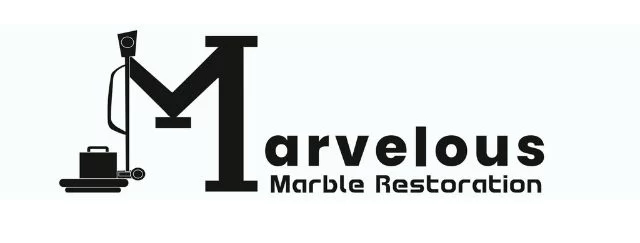

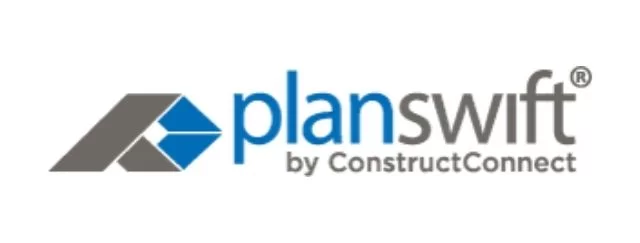
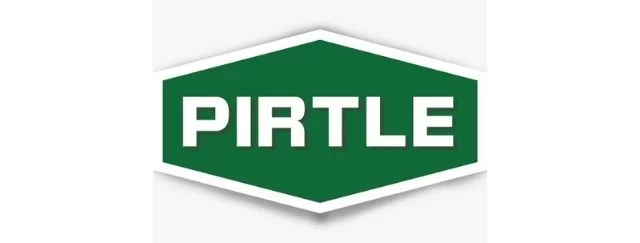

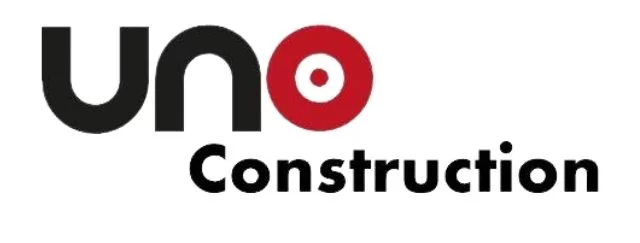
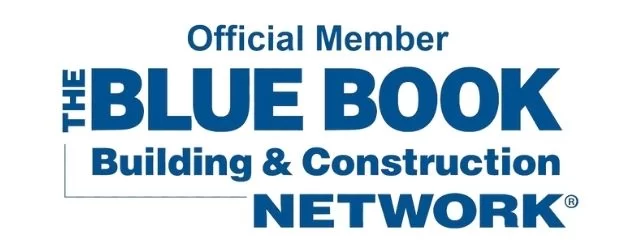




Testimonials
What Our Clients Say
We take pride in delivering accurate, timely, and reliable estimates that help contractors and builders win more projects. Our clients consistently praise our attention to detail, fast turnaround times, and the positive impact our estimates have on their businesses.
Estimate Florida Consulting has helped us win more bids with their fast and accurate estimates. We trust them for every project!




